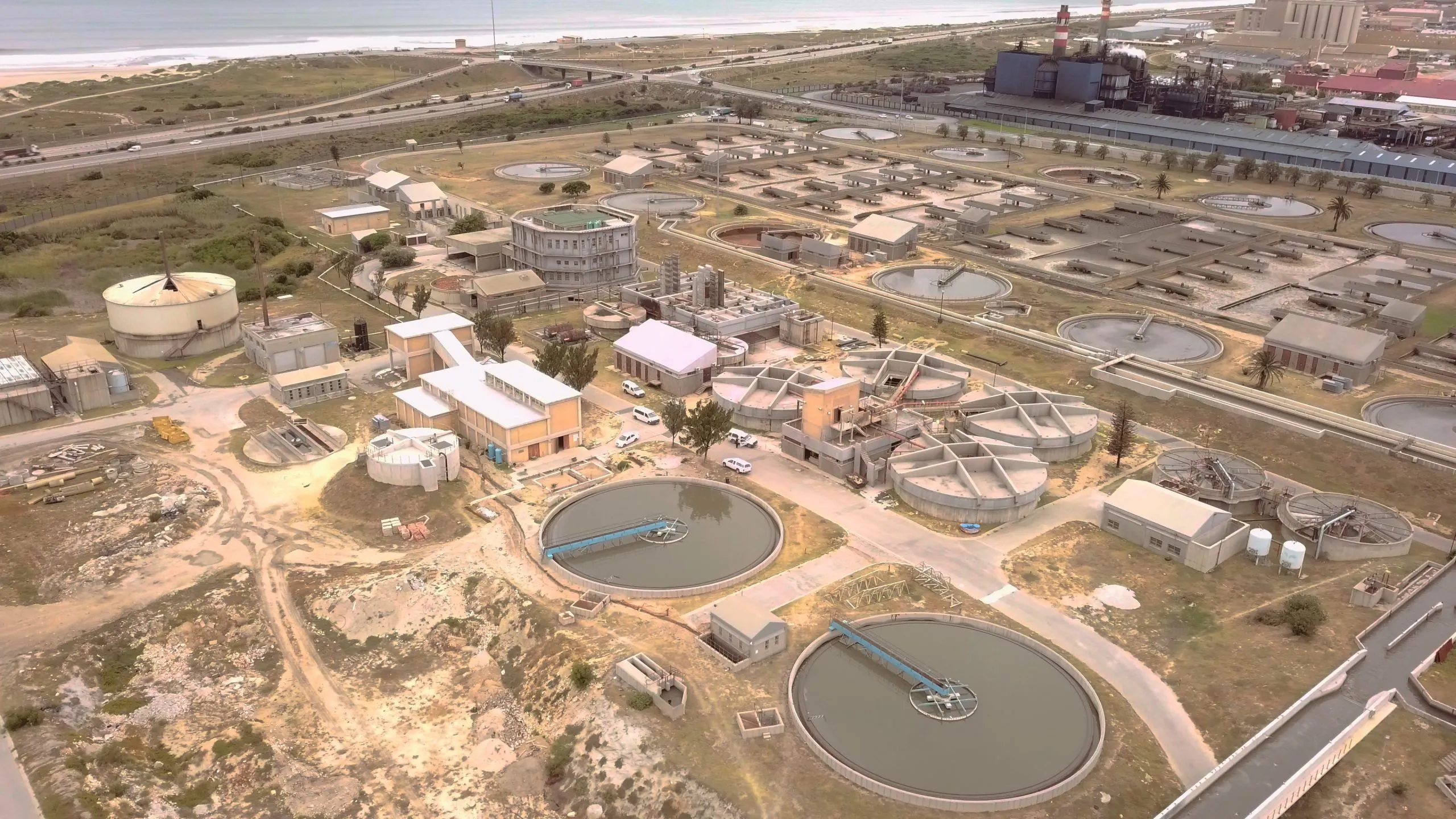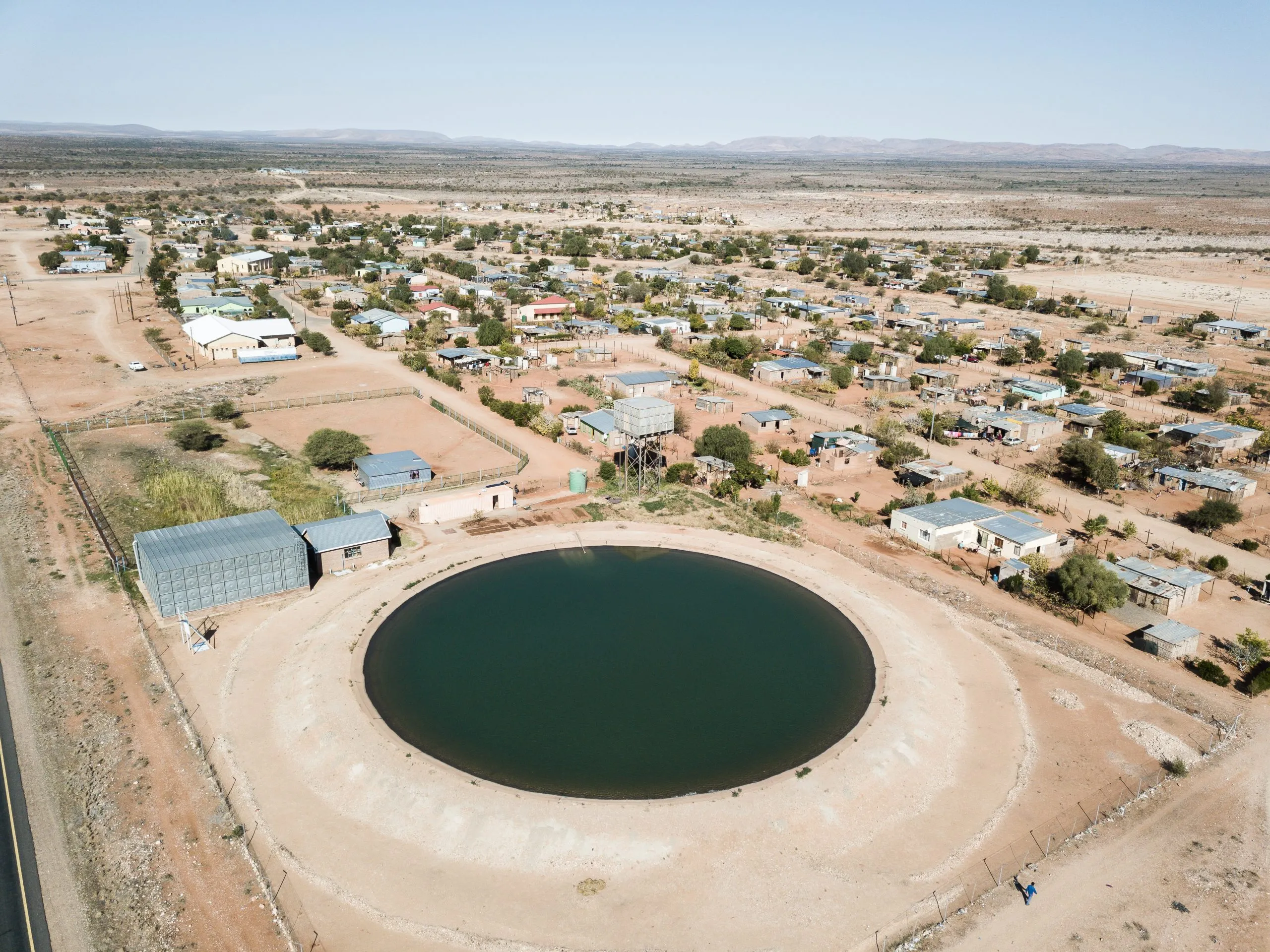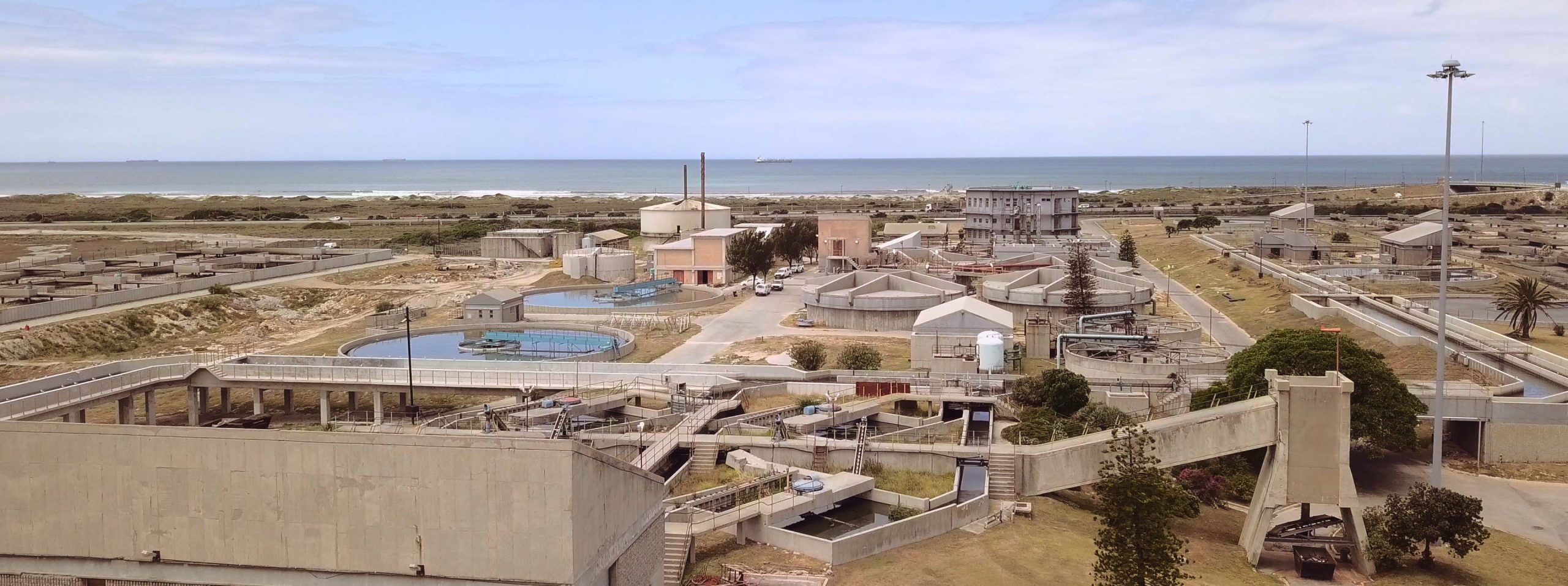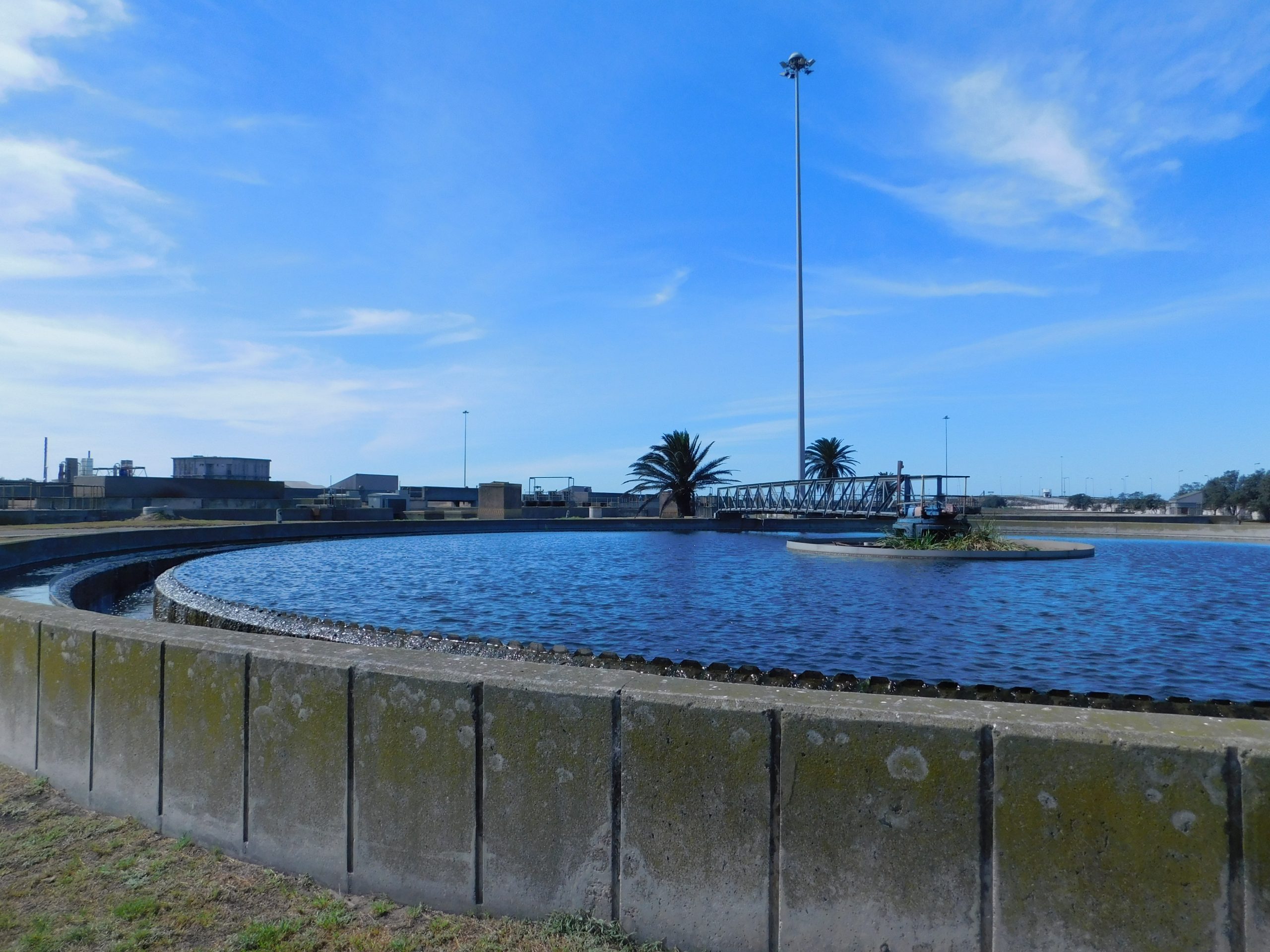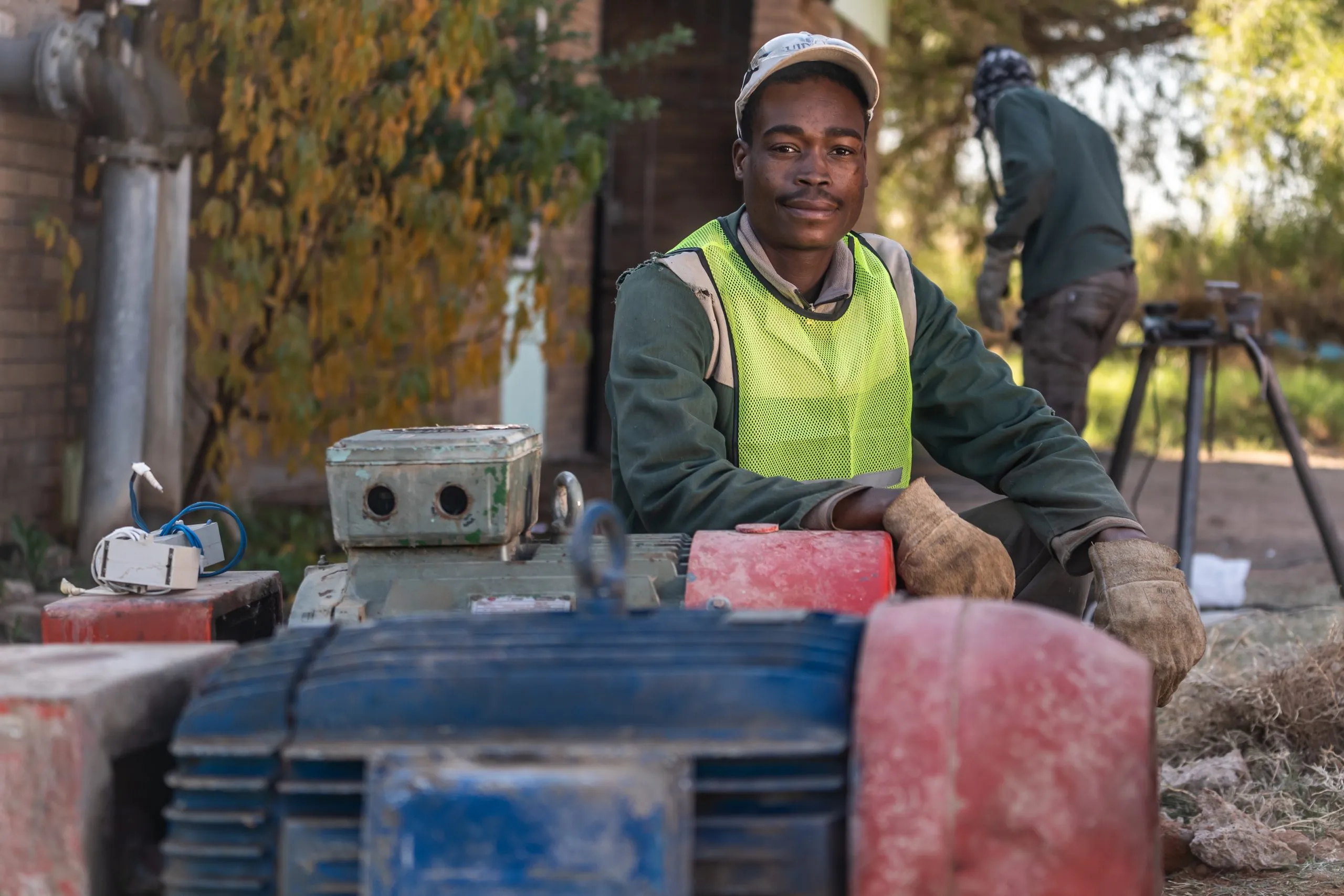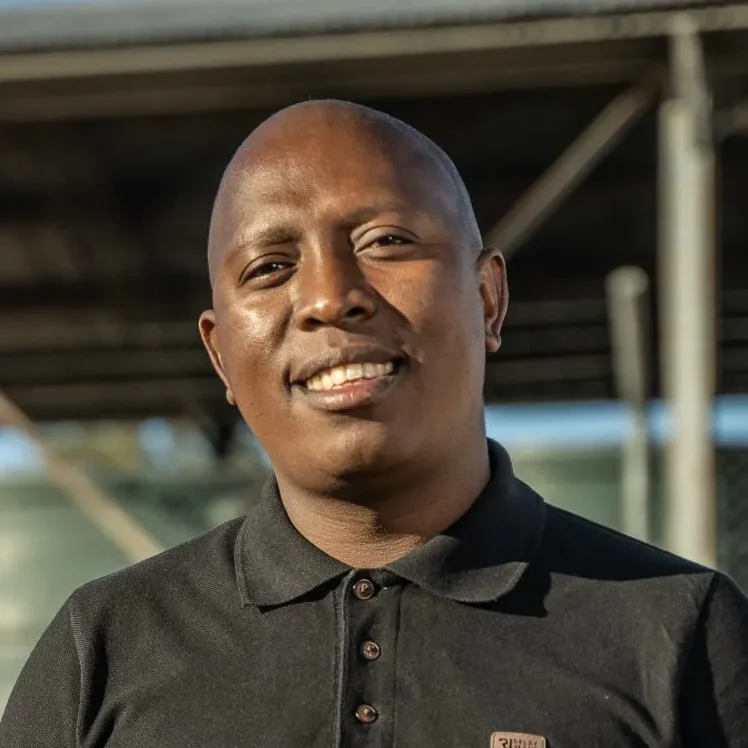Background
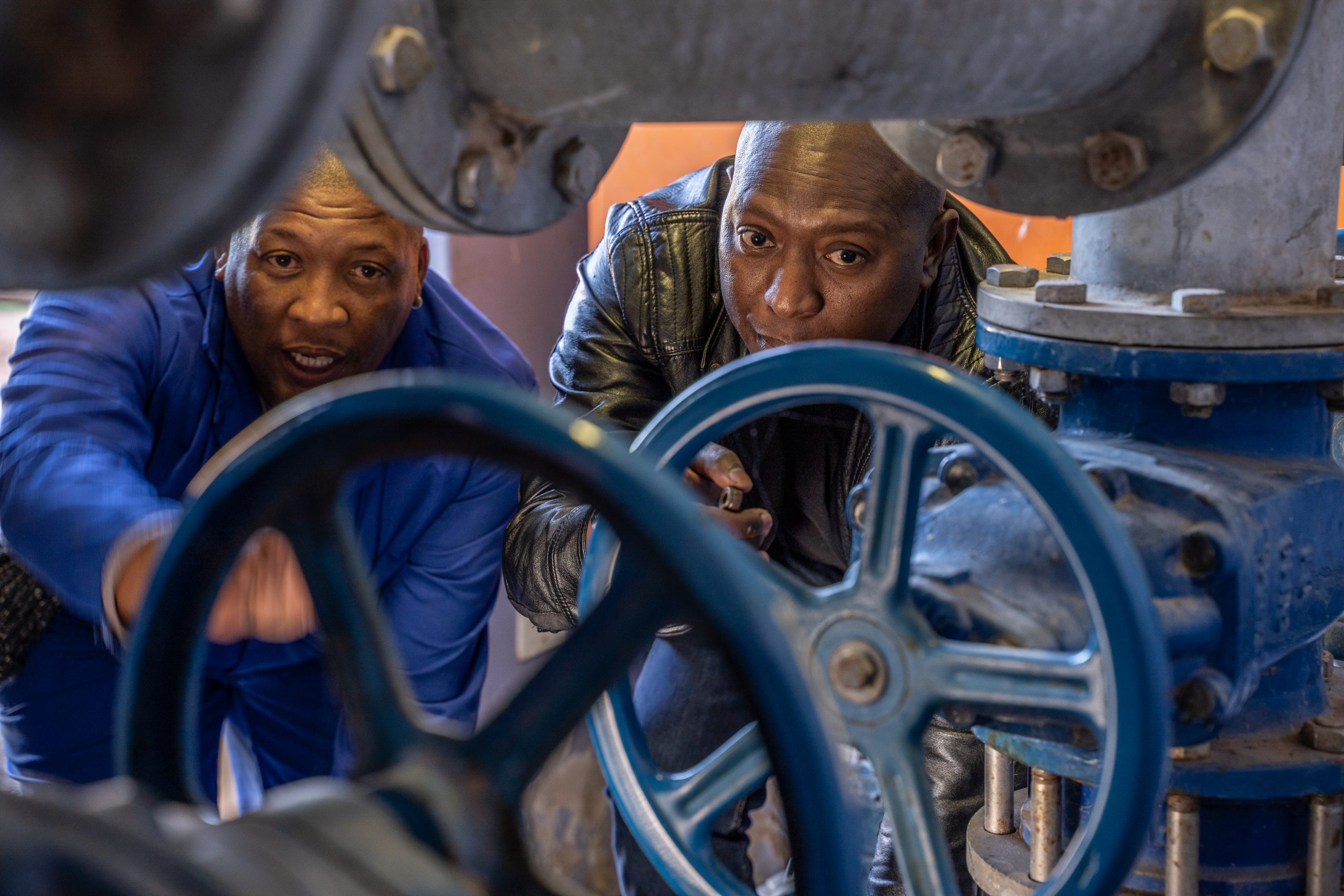
Water and waste water systems form the core infrastructure that underpins delivery of water and sanitation services in cities. With pumps and other systems running 24 hours a day, they are also among the largest consumers of electricity in municipalities – and therefore generate substantial costs and greenhouse gas emissions. As cities, particularly in the developing world, continue to grow rapidly, demand for water and wastewater services will continue to rise, increasing the pressure on underlying infrastructure. Decisive action is required to manage both the environmental and financial impacts of providing water and sanitation as essential services to growing urban populations.
Clean energy technologies and energy efficiency interventions can dramatically improve efficiency and reduce GHG emissions in urban water and wastewater infrastructure, and do so cost-effectively, with investment payback periods of often only a few years. However, municipalities often lack both the staff capacity and the financial means to plan, fund and implement such interventions.

